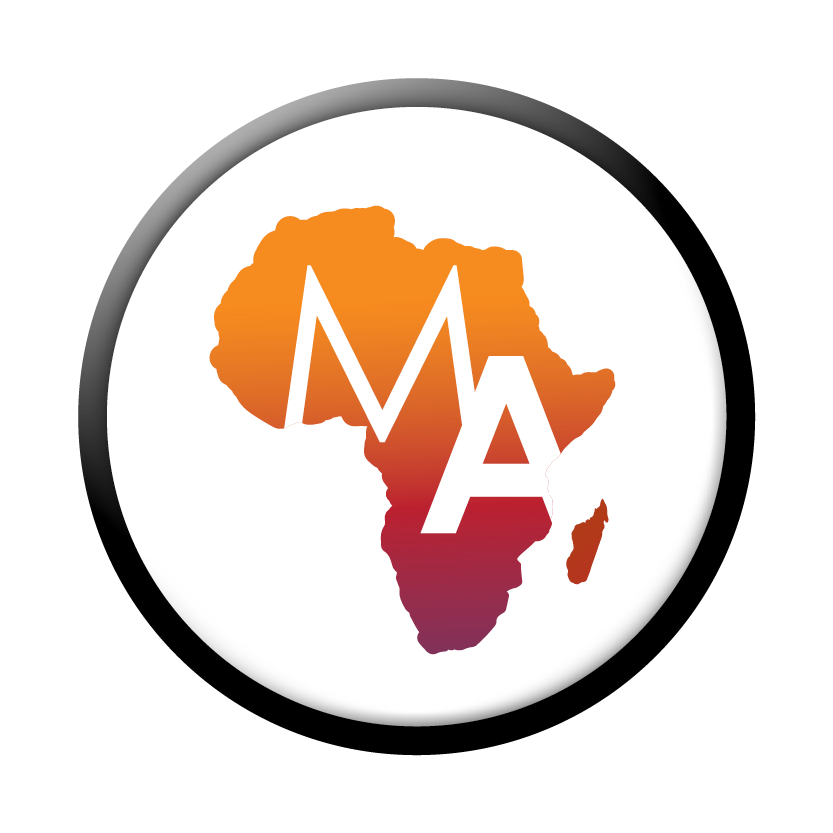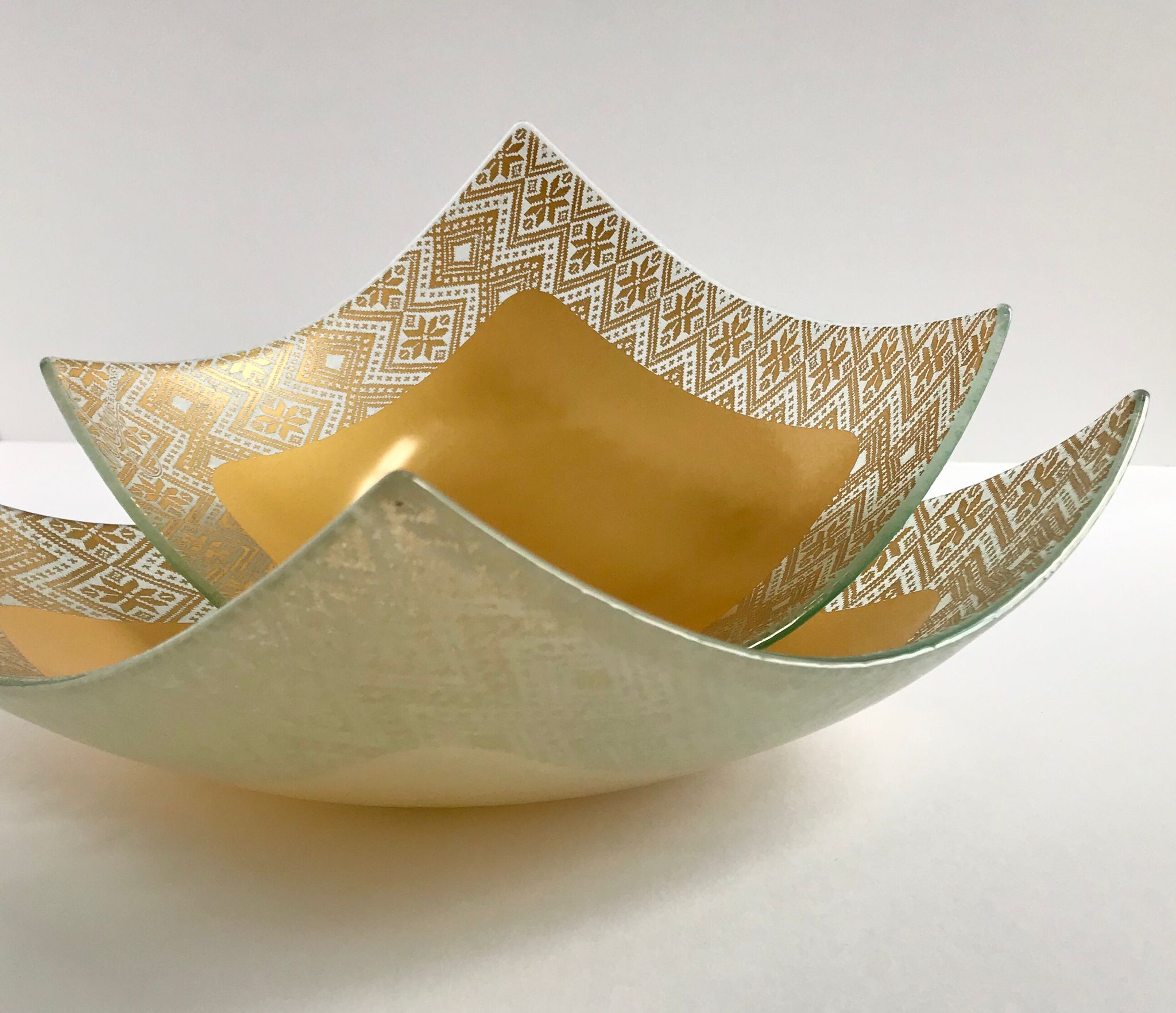Story by: Isaac Kwaku Fokuo Jr. & Akinyi Ochieng, Contributors of Forbes | Photo Credit: Addis Ababa, Shutterstock
In the scramble for Africa, key players like the U.S. and China now compete to reap the spoils of the region’s economic resurgence, each with its own strategic focus.
The U.K. and France dominate trade in their former colonies, while Brazil targets Lusophone nations, and India grows in influence in the eastern and southern regions.
The Middle East is often left out of this battle for African markets, but growing attendance at the U.A.E.-hosted Global Business Forum on Africa suggests that Gulf states are eyeing opportunities on the continent.
As Africa’s oldest trading partner, the Gulf has culture and capital on its side—and it is leveraging both to expand investment.
Although Middle East investments have traditionally concentrated on North Africa, today’s investors are moving further south, with countries like the U.A.E. leading the charge.
Today, total non-oil trade between Africa and the U.A.E. amounts to $24 billion, an increase of over 700% over the last 10 years.
The Dubai Chamber of Commerce now has new offices in Ethiopia, Ghana, Mozambique and Kenya, and Abraaj, the mammoth Dubai-based private equity company, has invested over $3 billion in over 60 African companies.
In 2014, Gulf companies committed $19 billion to infrastructure projects at the West African Investment Forum. State-owned DP World, the third-largest global port operator, has over 30 investment projects spanning Africa, including marine terminals in Dakar and Maputo, and wildlife reserves in Rwanda and South Africa.
In the next five years, DP World has pledged to invest another $1.5 billion in public-private partnerships. Most interestingly, the company is not shy of countries where western investors have balked due to perception of risk.
In tiny, unstable Djibouti, DP World has invested over $1.1 billion, and in Somaliland it has established a $442 million joint venture to develop Berbera’s port.
In agriculture, the Gulf states are investing more in Africa to hedge against their imminent food security risks. By 2020, the GCC’s food import bill will reach over $53.1 billion—nearly 8% of all imports.
With shrinking subsidies and regional instability, securing the Gulf’s food supply is an urgent priority. As a result, more Arab states are looking to Africa, one of the world’s largest sources of arable land.
To read the full article visit www.forbesmiddleeast.com.









